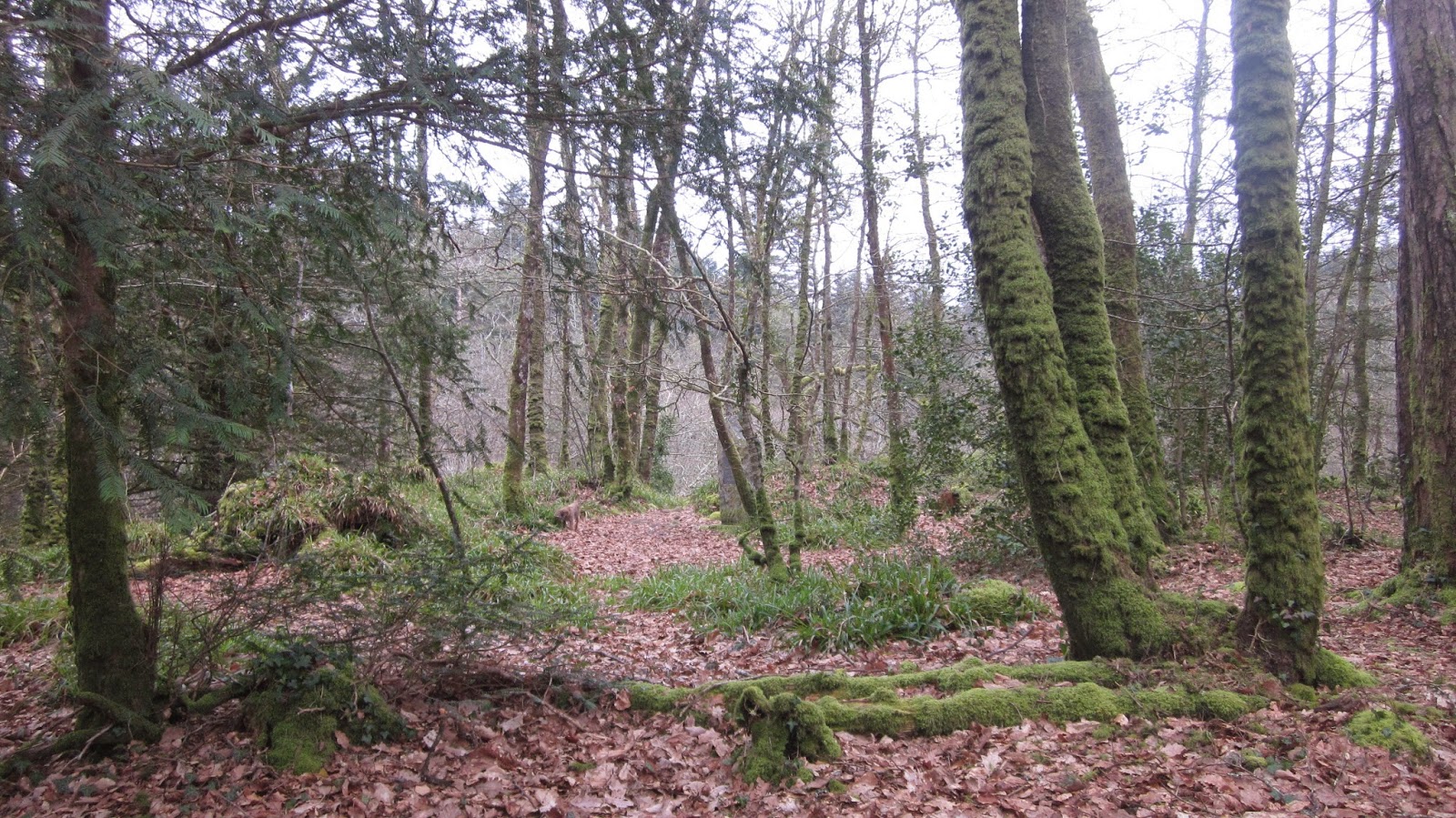Working on my text about death in the forest this
morning, which involved both writing and a long walk to review the relevant
sites. Death comes easy and hard in the normal order of forest, with its
acceptance and exploitation of the cycle of decay and regeneration in nature
and the practice of hunting. But there is also murder and accidental death (or
possibly suicide) to consider in my forest.
Long after the war was over, the
bodies of three young men, executed by the Germans, were found on the hillside
above the Argent river. They represent the great number who, with all the
desperate nonchalance of youth, took action to resist enemy occupation until
such bitter ends as a blanket of dirt and leaves on a wooded slope. A stele
marks the fate of Pierre Ruelen, Jean Volant and Emile Bérthou. Whenever I hear
the explosion of a hunter’s gun echoing through the trees, I think of falling
limbs with human faces.
In May 1919, the body of Victor Ségalen was found by
his wife among the beech trees on top of a high granite outcrop, once the site
of a medieval motte. He was apparently sitting propped against a tree with an
open copy of Hamlet, having bled to death from a wound in his heel.
This curiously staged scene – and his hurried burial avoiding an autopsy – has
led many to think he took own life to put an end to the nervous depression and
mysterious physical malady that had taken hold of his life.
Born in Brest in 1878,
the profession of medical doctor took Ségalen on journeys that went far beyond
the practical fact of travel. It was China that
came to shape his remarkable inner life: he conducted archaeological digs there
and became a Chinese language specialist, before returning to France. The
cultural landscape of his experiences was manifested in poetry and texts (such
as Stèles, published in 1914). He was in Huelgoat for his health,
ironically, walking daily in the forest with a book and notebook, experiencing
the profound sense of containment and aloneness offered by this special place.
For a man who lived on the borderlands between reality and imagination, he
chose a good place to die.


No comments:
Post a Comment